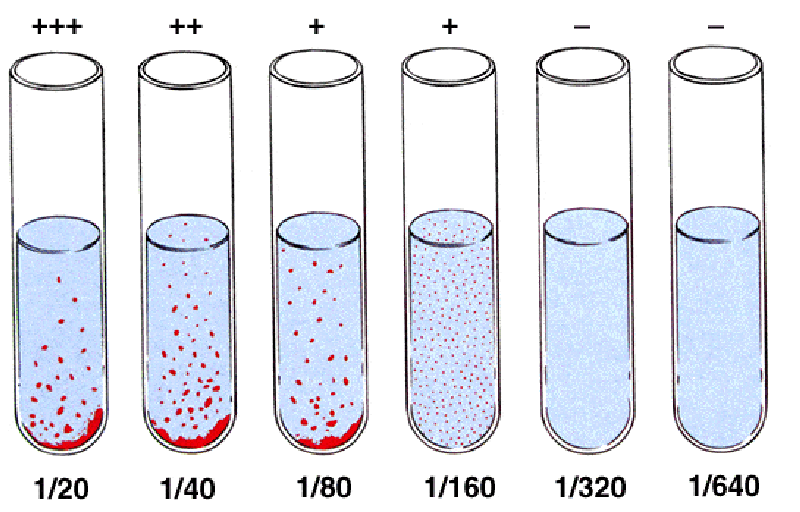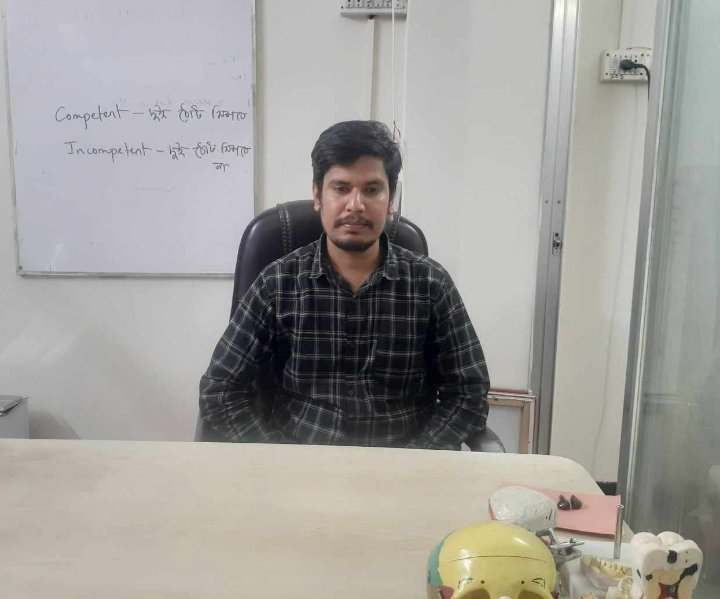Typhoid fever and Widal test: Mobile Phone 01797-522136, 01987-073965. Typhoid fever is an infectious disease caused by salmonella typhi and salmonella para-typhi bacteria.
This bacteria causes infection in our digestive system when we consume food or water contaminated with fecal material. Widal test is a popular test for the investigation of typhoid fever.

Symptoms of Typhoid Fever
Symptoms like fatigue, high fever, headache, diarrhea, constipation, abdominal pain, weight loss, and red spots.
Widal test
It detects the presence of antibodies that your body makes against salmonella bacteria during typhoid. Salmonella bacteria can spread from person to person or from consuming contaminated food.
Name of Bacteria that causes typhoid fever:
- Salmonella Typhi
- Salmonella Paratyphi
S. Typhi has two antigens named:
- S. Typhi O (TO), primary antigen
- S. Typhi H (TH), secondary antigen
S. Paratyphi has the following two antigens:
- S. Paratyphi A
- S. Paratyphi B
What is a Widal Test?
The Widal test is a diagnostic test that detects the presence of infection with “Salmonella typhi” or “Salmonella paratyphi” bacteria. The test is done by different methods such as agglutination, ELISA etc. The other names are the Typhoid Test and the Enteric Fever Test.
What is the Widal test used for?
The test is a blood test. It is used to detect antibodies that are produced in response to a Salmonella typhi infection, which is the cause of typhoid fever. This test is used to help diagnose a current or recent infection or to determine if an individual has had a previous typhoid infection.
What is the Normal range of the Widal test?
The test results are given as titers. The higher the titer means the more antibodies are present in the blood. The titers are given as a ratio, like 1:20 or 1:80, which reflects the dilution at which the reaction happened. The Widal test normal range is a titer that is less than 1:20 for both the O and H antigens of S. Typhi and S. paratyphi. A titer of 1:20 or above indicates the presence of antibodies and may suggest an ongoing or prior infection with the bacterium.
What is the Widal test cost in Bangladesh?
Depending on the city and the type of laboratory, it can cost anywhere between 500-800 taka in Bangladesh.
How is typhoid diagnosed by a Widal test?
- The patient’s serum is mixed with antigen from Salmonella typhi bacteria.
- If the patient has been infected, antibodies will bind to these antigens and form an antigen-antibody complex.
- These complexes will then be revealed by adding a specific type of dye.
What is the Widal test procedure?
This test is a diagnostic procedure used to detect the presence of antibodies against Salmonella typhi and Salmonella paratyphi in the blood. It is a simple test that involves mixing a patient’s serum with antigens derived from the two bacteria. The patient’s serum is then tested for the presence of antibodies against the two antigens. If the patient has antibodies against either of the two antigens, then the test is considered positive.
Training Center for Widal Test
Location of Training Center: Mobile Phone 01797-522136, 01987-073965. HRTD Medical Institute, Section-6, Block-Kha, Road-1, Plot-11, Mirpur-10 Golchattar, Dhaka-1216.

Other Pathological Test
Other Pathological Tests: CBC Blood Test, Dengue NS1 Test, Kidney Function Test, Liver Function Test, Bilirubin Test, HBsAg Test, CRP Test, Bleeding Time and Clotting Time Test, Prothrombin Time Clinical Test, BMP Test, CMP Test, Lipid Profile Test, Urine Test, Blood Sugar Test, etc.
Diagnostic Centers of Bangladesh
Diagnostic Center of Bangladesh. Popular Diagnostic Center, IBN Sina Diagnostic Center, Medinova Diagnostic Center, Labaid Diagnostic Center, Alok Diagnostic Center, BSMMU Pathology Lab, DMCH Pathology Lab, etc.
 Pathology Training Institute in Bangladesh Best Pathology Training Institute in Bangladesh
Pathology Training Institute in Bangladesh Best Pathology Training Institute in Bangladesh

